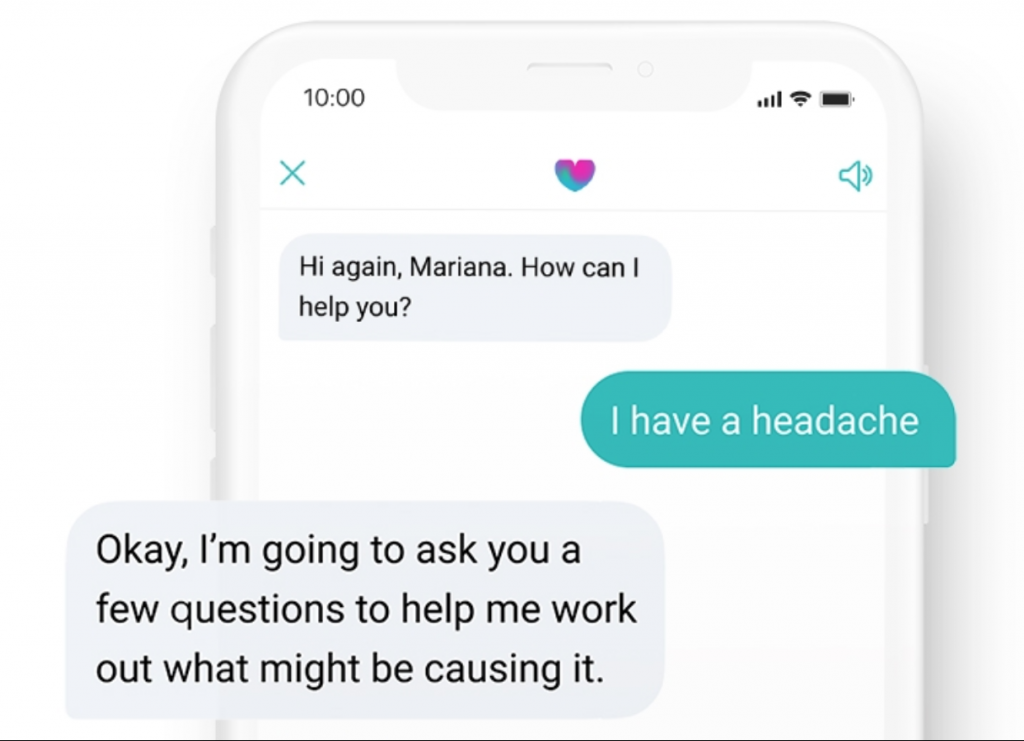
Dr. Ali Parsa, a British-Iranian healthcare entrepreneur and Founder/CEO of Babylon, an AI and digital health company, wants to make healthcare accessible and affordable to everyone. (Source: Babylon Health)
Study Shows Algorithms Better at Diagnosing Medical Conditions than Doctors
When it comes to diagnosing medical problems it seems that AI algorithms are better at it than humans, especially when “imagination” is added to its rote machine-learning skills.
Research by UK-based digital firm Babylon, which has a publicly available medical app, found that artificial intelligence using “the principles of causal reasoning” scored higher than 70% of General Practitioners (GPs) in diagnosing written test cases.
The company’s AI symptom checkers previously gave diagnoses using an algorithm that relies on correlations with patient symptoms and medical history. But a peer-reviewed study, published in Nature Communications, found that “disentangling correlation from causation made the AI more accurate.”
An article on mobihealthnews.com describes how the “imagination” for the AI works, using causal machine learning to consider what symptoms it might see if the patient had a different illness other than the one it was considering.
“Dr. Jonathan Richens, Babylon scientist and lead author, said: We took an AI with a powerful algorithm, and gave it the ability to imagine alternate realities and consider ‘would this symptom be present if it was a different disease?’ This allows the AI to tease apart the potential causes of a patient’s illness and score more highly than over 70% of the doctors on these written test cases.’ ”
In the study, a group of 44 GPs diagnosed 1,671 written test cases, including typical and atypical symptoms for more than 350 illnesses. Babylon’s AI took the same tests and used both an older algorithm based on correlations and the newer, causal one.

Babylon Health app.
Each GP assessed an average of 159 cases and achieved a mean score of 71%. Babylon’s older AI achieved 72%; the new AI achieved 77%. This new algorithm will only be released once it has met all the necessary regulatory approvals.
The technology could lead to wider use of AI by doctors, speeding up diagnoses, improving accuracy, and freeing up time while improving patient outcomes.
Dr. Ali Parsa, CEO, and founder, Babylon, said:
“AI will be an important tool to help us all end the injustice in the uneven distribution of healthcare, and to make it more accessible and affordable for every person on Earth.”
read more at mobihealthnews.com







Leave A Comment